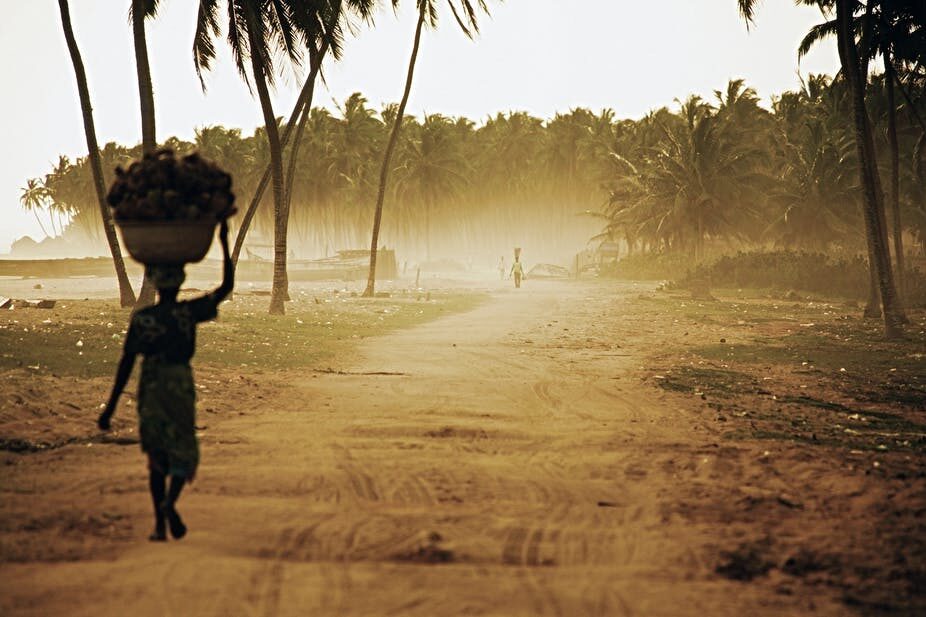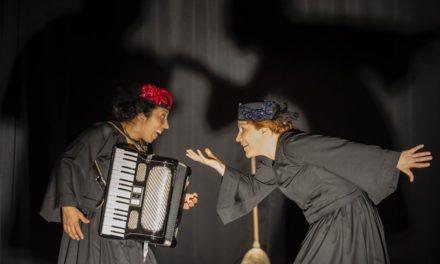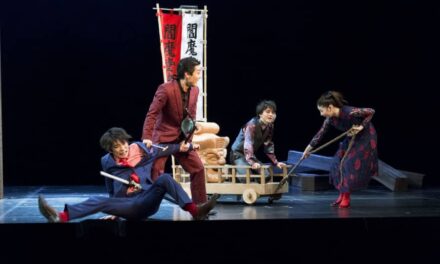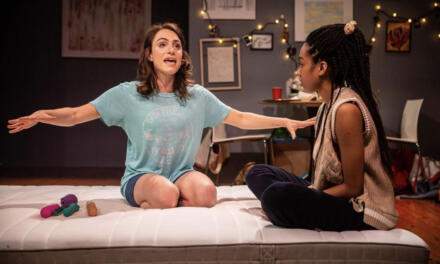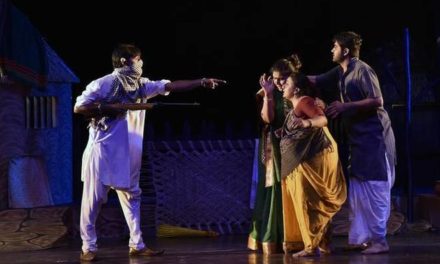It’s been more than two years since Sierra Leone declared a state of emergency over sexual and gender-based violence. The declaration followed a public outcry over a spate of high-profile sexual attacks in which minors made up one in three victims.
Though unconstitutional, the state of emergency led to significant legal amendments. The minimum sentence for rape was increased from five to 15 years for adults. New provisions also criminalized informal out-of-court settlements for sexual assault and rape.
These amendments have generally been welcomed as a positive step. But some have criticized the emphasis on sexual violence, particularly of young girls, at the expense of other types of gender-based violence.
According to the 2019 demographic and health survey, about 62% of Sierra Leonean women aged 15-49 have experienced physical or sexual violence. Everyday violence within marriage is rife but receives less attention in legislation and political discourse. Women are also quite reluctant to discuss violence in their own marriages for a variety of social and cultural reasons.
Our research project sought to examine how different performing arts mediums can open up discussions about this sensitive issue. While various performing arts techniques have long been used to mobilize social transformation, we simply sought to start conversations about violence.
We found that people (particularly women) were much more active in discussions around violence when these were linked to a performance. We were able to access information much more quickly, primarily based on audiences seeing themselves in the performances. This approach also helped us to learn about the everyday experiences of women and the different ways they feel and address physical and emotional pain in these communities.
Performances in Rural Sierra Leone
Traditionally, theatre for development or applied theatre is interventionist. Performance techniques are used to achieve behavioral change and to promote messages around public health or education.
Our project diverged from this approach by using performing arts as a tool for understanding, or creating spaces for discussion, rather than to change behavior. We explored the extent to which different modes of performance – comedy, theatre and dance – could open up conversations around everyday experiences of sexual and gender-based violence.
We worked across three communities in Bombali District, in northern Sierra Leone. Two different performance workshops – each focused on a different type of performance – were delivered to each community. The goal was to establish whether different performative modes led to different kinds of conversations around sexual and gender-based violence.
Working with local comedians, the comedy workshops created scenes which addressed local gender stereotypes in an overtly humorous manner. For the interactive drama we drew upon participatory performance techniques such as direct address and “hot-seating” – meaning the character could field and respond to questions from the audience.
For the dance workshops, we collaborated with the community Sampa, a female folk dancer. She led dances while women from the community took turns to introduce a childhood favorite song or lyrics they created themselves in the moment.
Following each performance, we conducted focused discussions with small groups of men and women in the audience. Observations and remarks that emerged from the audience in the first workshop then informed the content of the scenes we delivered when returning to that community.
Findings
Conversations sparked by the performances confirmed that issues such as domestic violence, infidelity, abandonment and polygamy were all recognizable and prevalent in communities. Both men and women spoke of lack of communication in marriage, tensions over financial strains or sexual dissatisfaction. These ultimately resulted in infidelity and violence.
Many men believed that the payment of a bride price gave them a right to sex freely offered or, if not, taken by force. For women, withholding sex was one of the few acts of power and resistance they felt they had in the marriage. Yet it carried the risk of an unsatisfied husband seeking sex elsewhere. Many women spoke of the rejection and desperation they experienced when their husband took a new wife or girlfriend.
Much of the content and themes discussed were similar across all three of the performing art forms we explored. But we did notice a different quality to the conversations depending on the performance style. The interactive drama techniques we employed are designed to promote critical reflection in the audience. These help to identify social problems and invite participants to work through solutions.
By contrast, the songs that women danced to focused on the emotional and bodily pain of their husband’s betrayal. Women had various reasons for singing in everyday life: to gain the attention of the husband or family members to discuss the issue; general relief for many who felt powerless; or, at times, connection with other women.
The comedy and interactive drama offered an entertaining and engaging way for people to reflect upon situations they recognized. But it was evident the songs provided more immediate access to deeply felt emotions arising from personal experience. While there was a sense the group singing soothed such pains, for many women singing was a way to unsettle or even disturb.
A number of men expressed their unease with these types of songs in the household, referring to them as offensive or provocative. This hints at the capacity for this form of self-expression to underline women’s personal anguish, and the subtle and creative ways women express these feelings.
The most common and pervasive forms of pain in the everyday lives of Sierra Leone women require attention from local officials and policymakers. The insidious nature and general “acceptability” of these acts is precisely what makes them so scary, and in need of being addressed.
Juliet Fornah and Stella Kanu contributed to the research on which this article is based.
This article was originally published on The Conversation on July 14, 2021, and has been reposted with permission. For the original article, please click here.
This post was written by the author in their personal capacity.The opinions expressed in this article are the author’s own and do not reflect the view of The Theatre Times, their staff or collaborators.
This post was written by Aisha Fofana Ibrahim, Helen Shutt and Laura S. Martin.
The views expressed here belong to the author and do not necessarily reflect our views and opinions.

